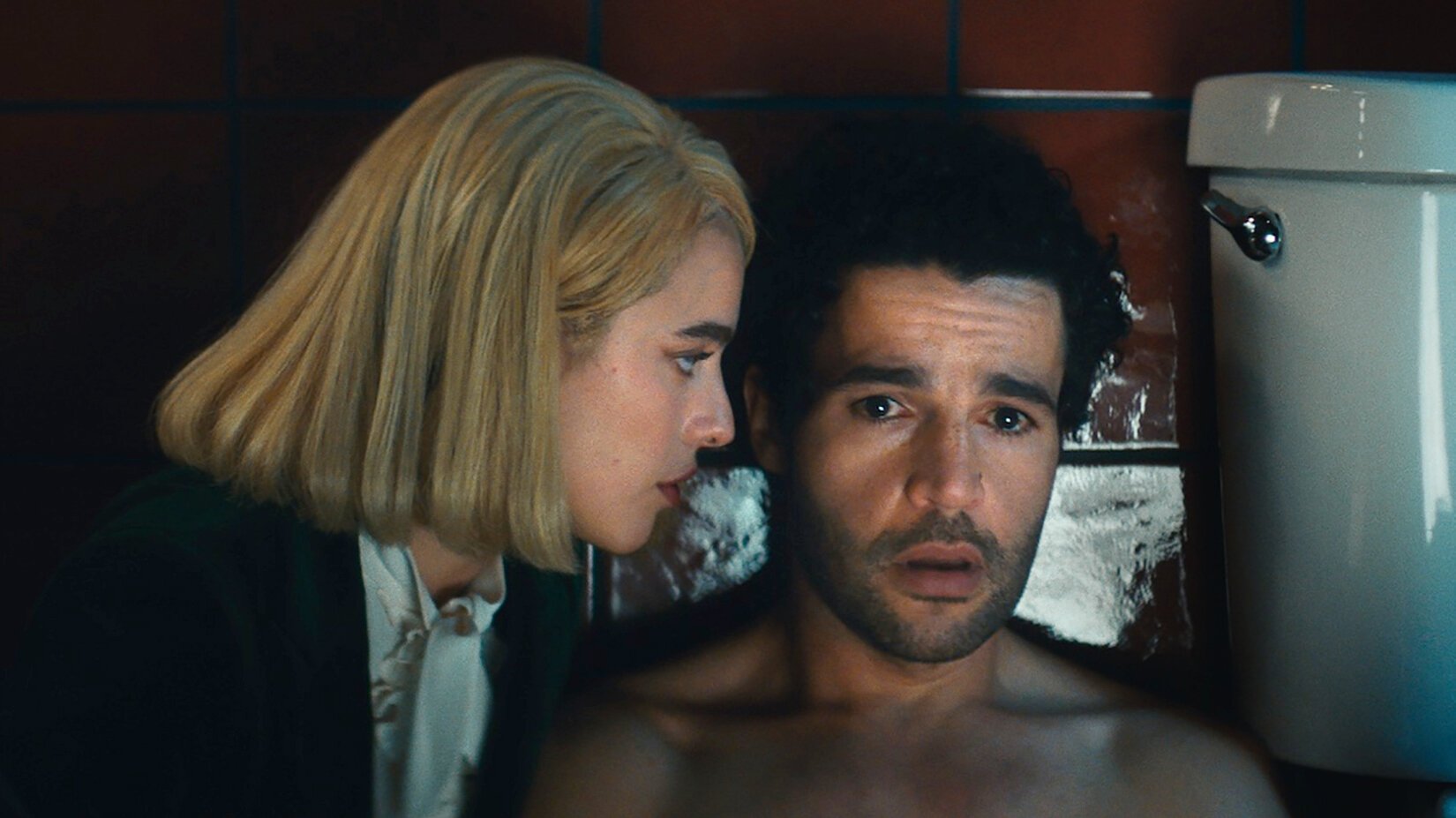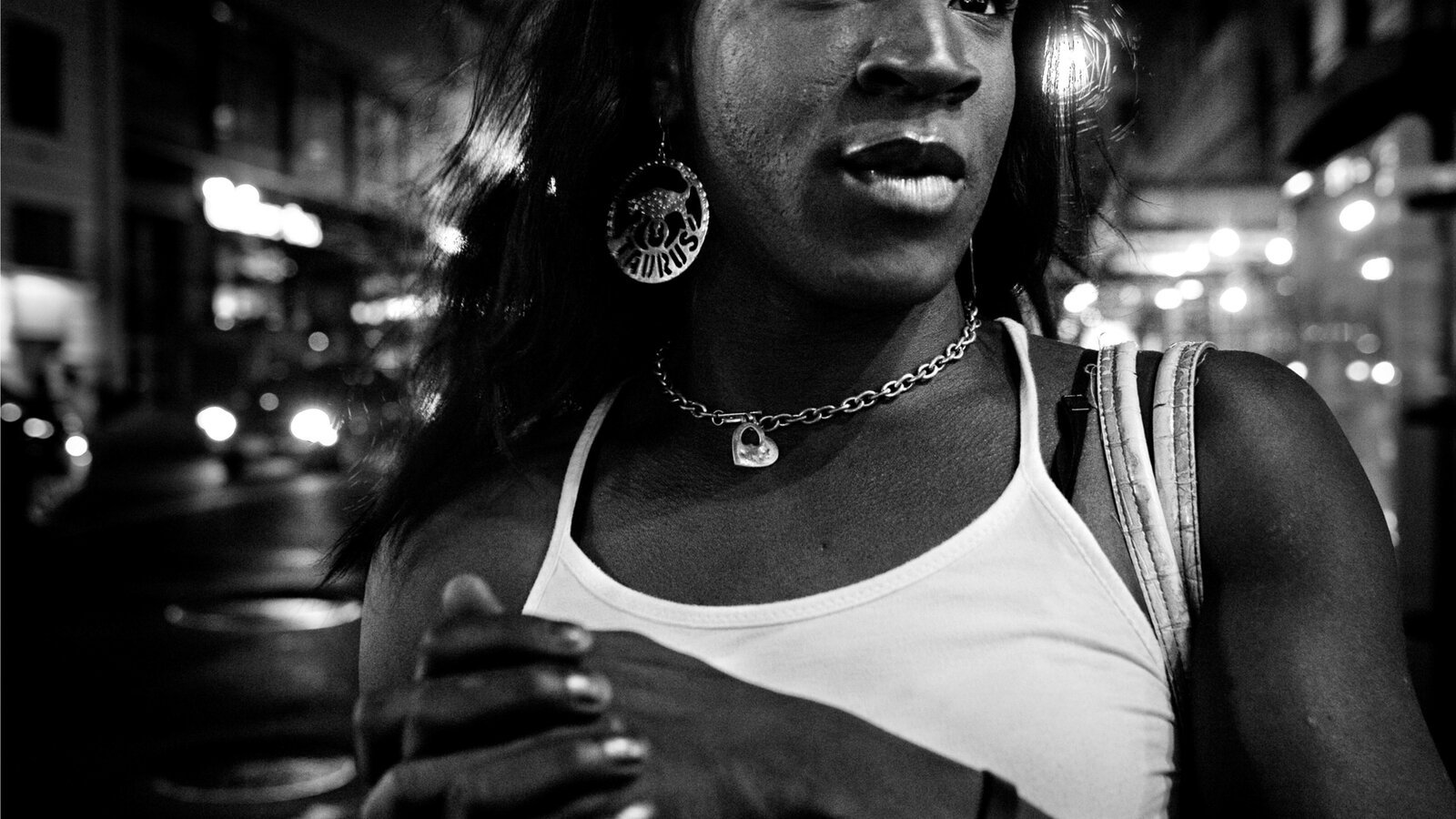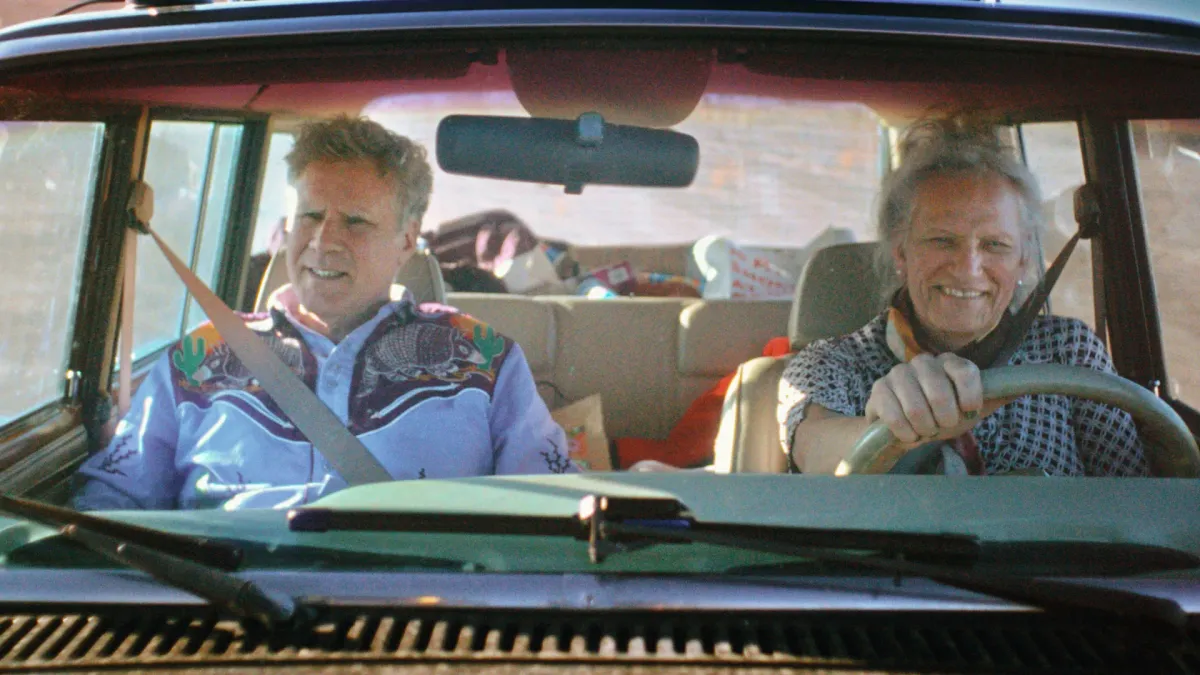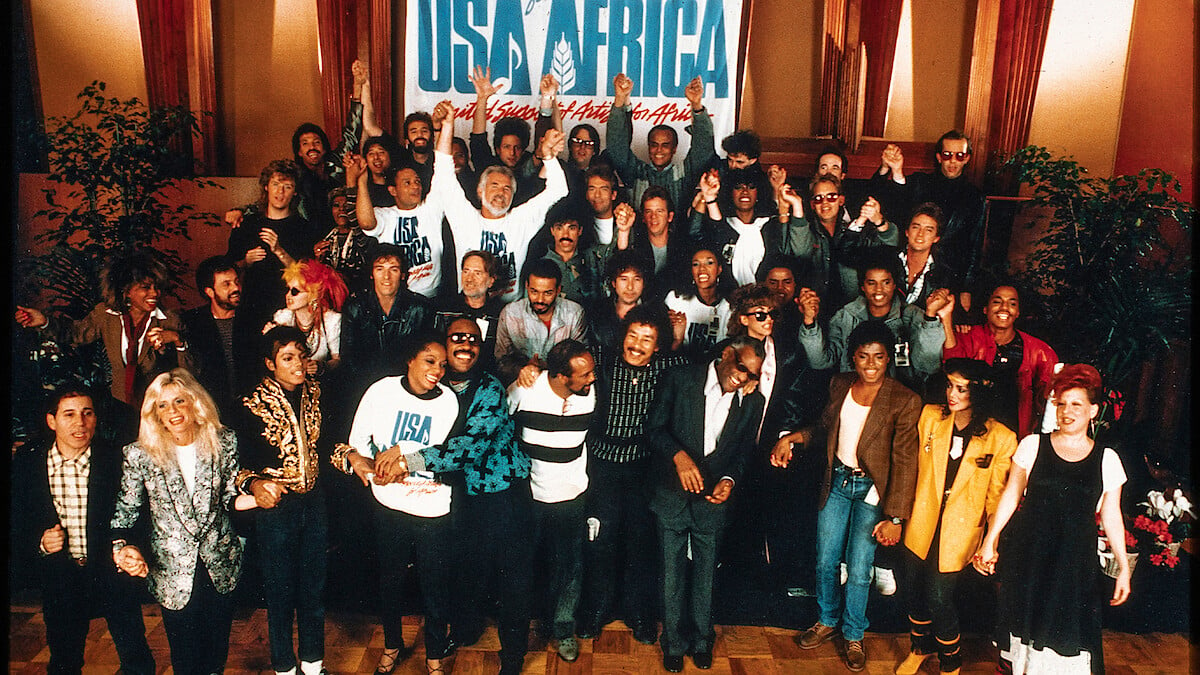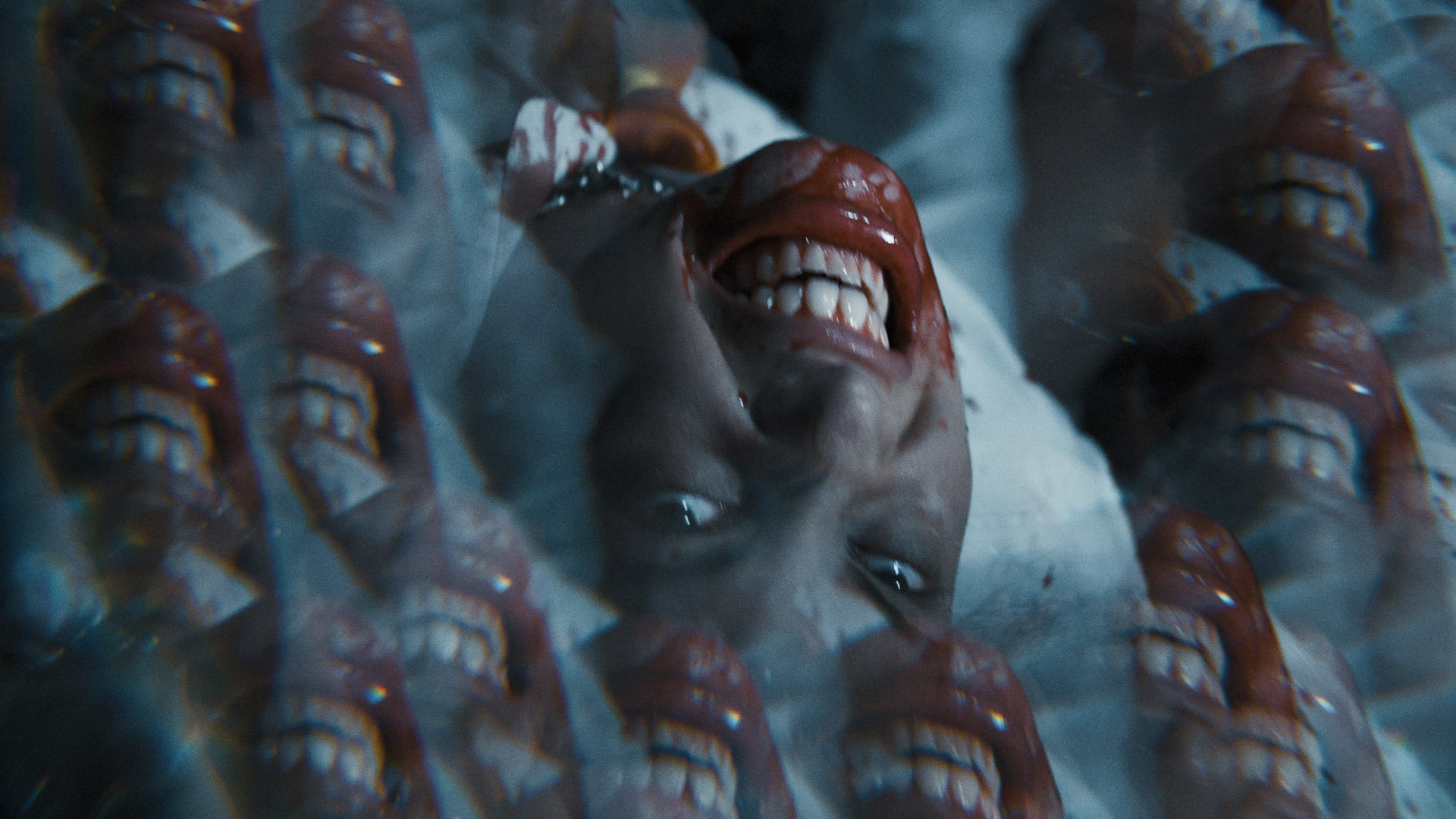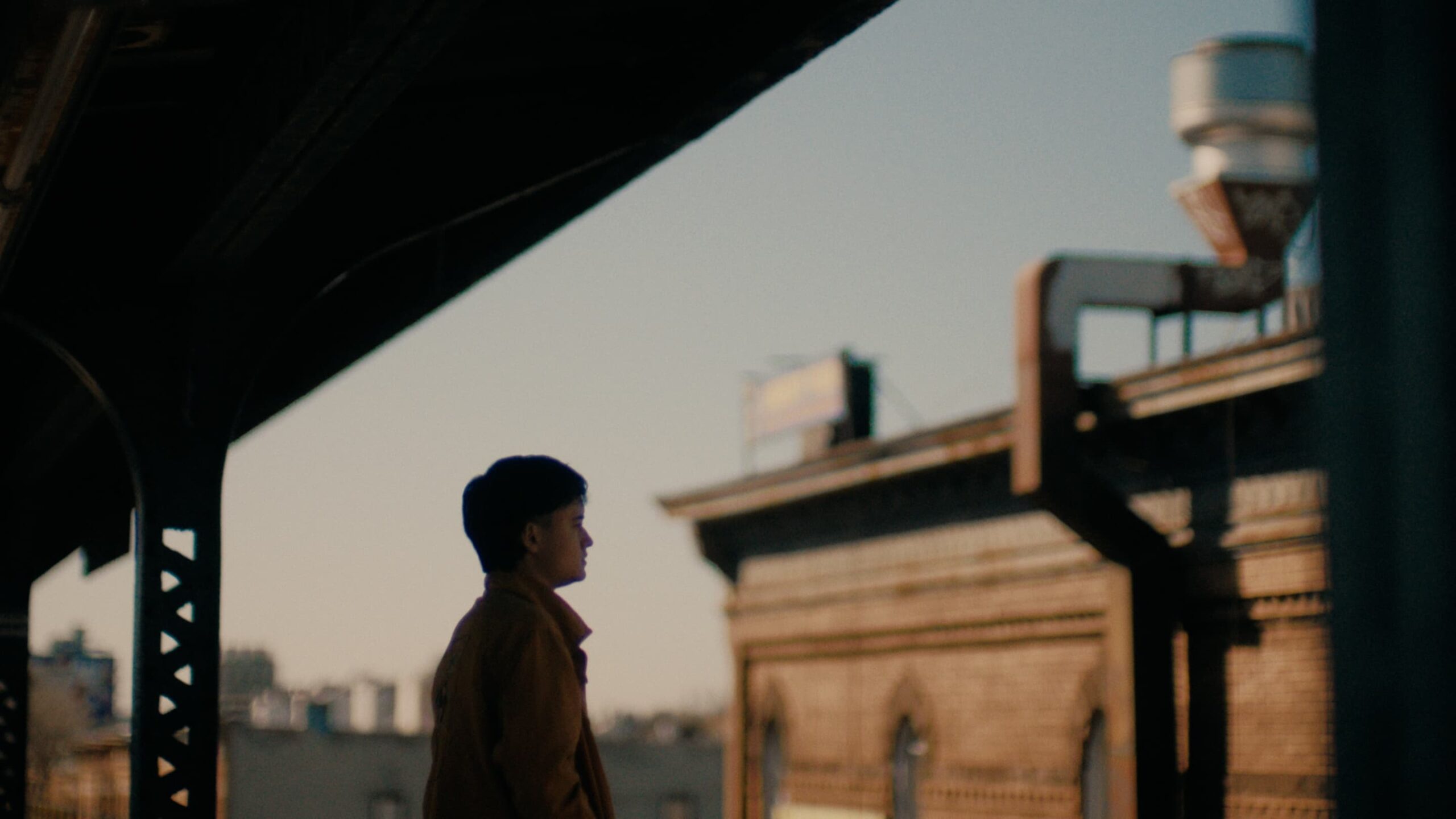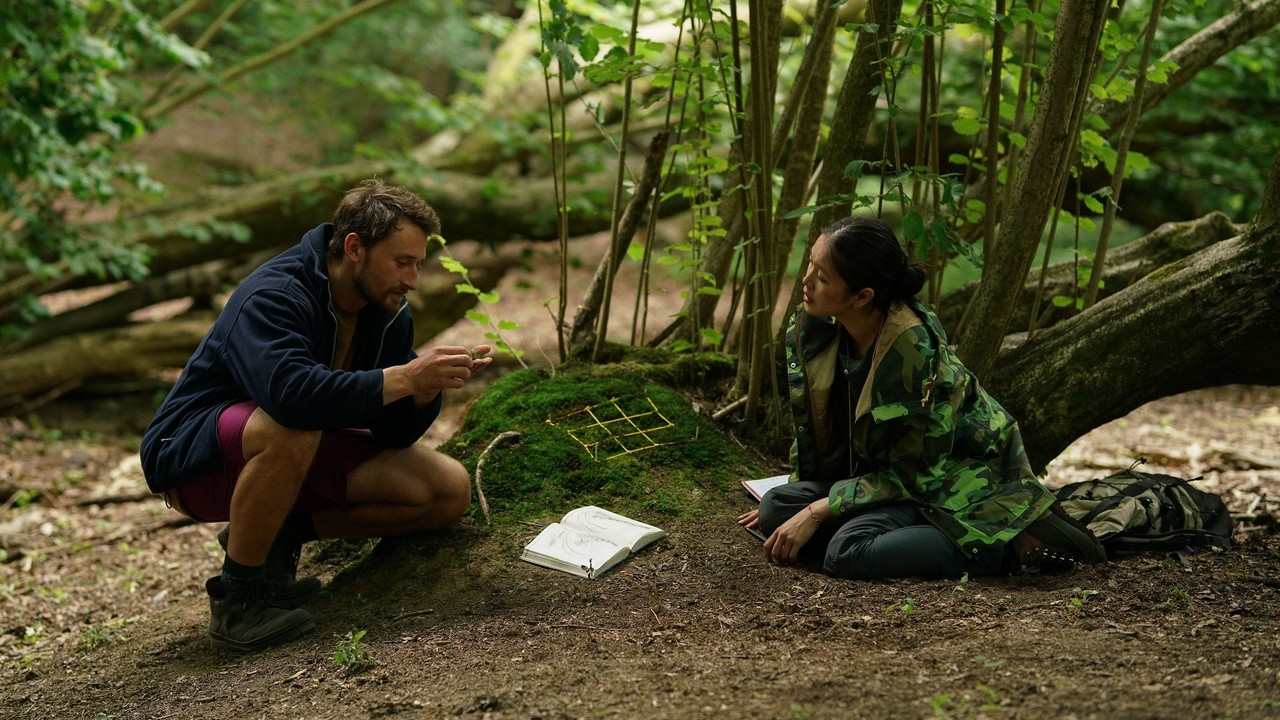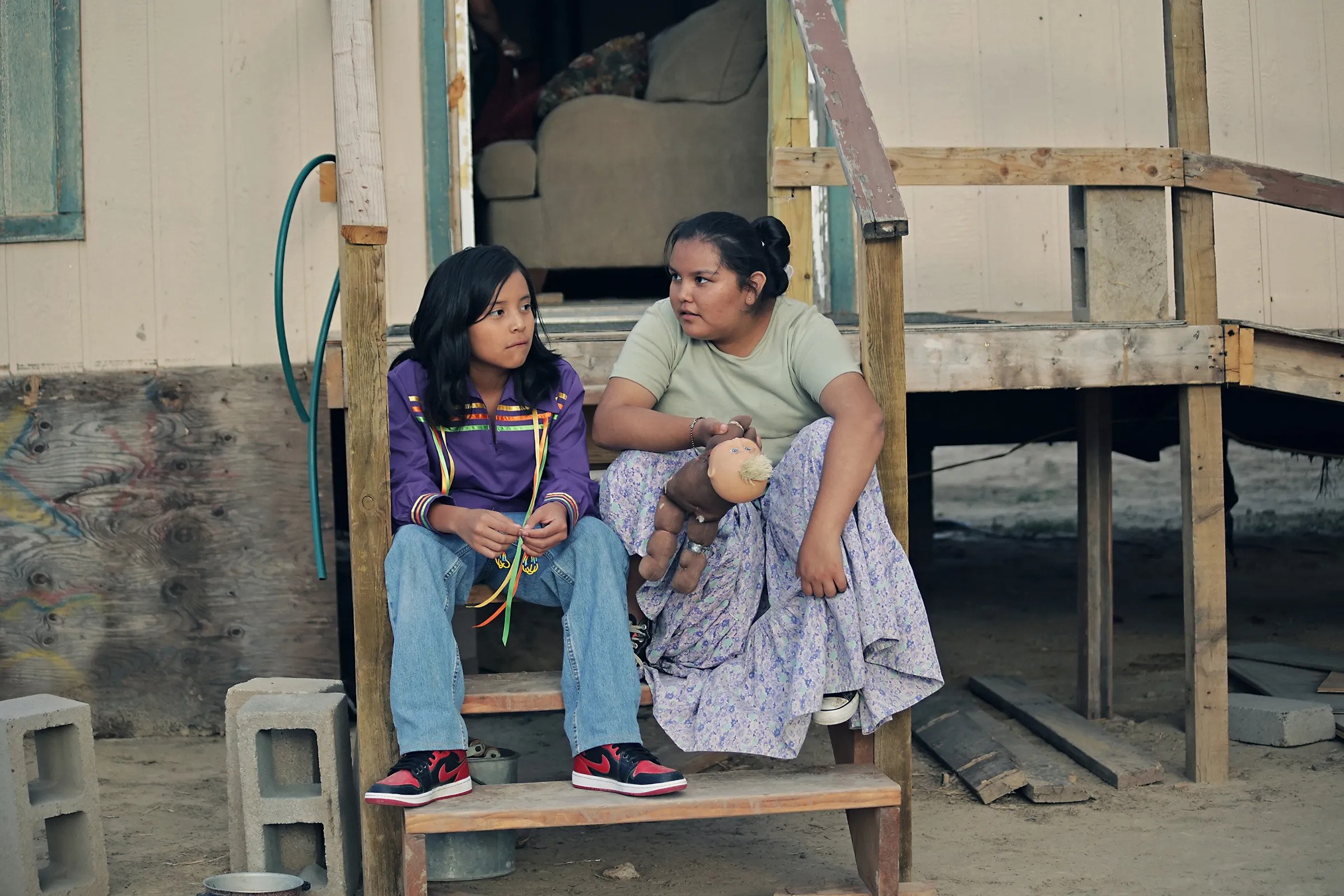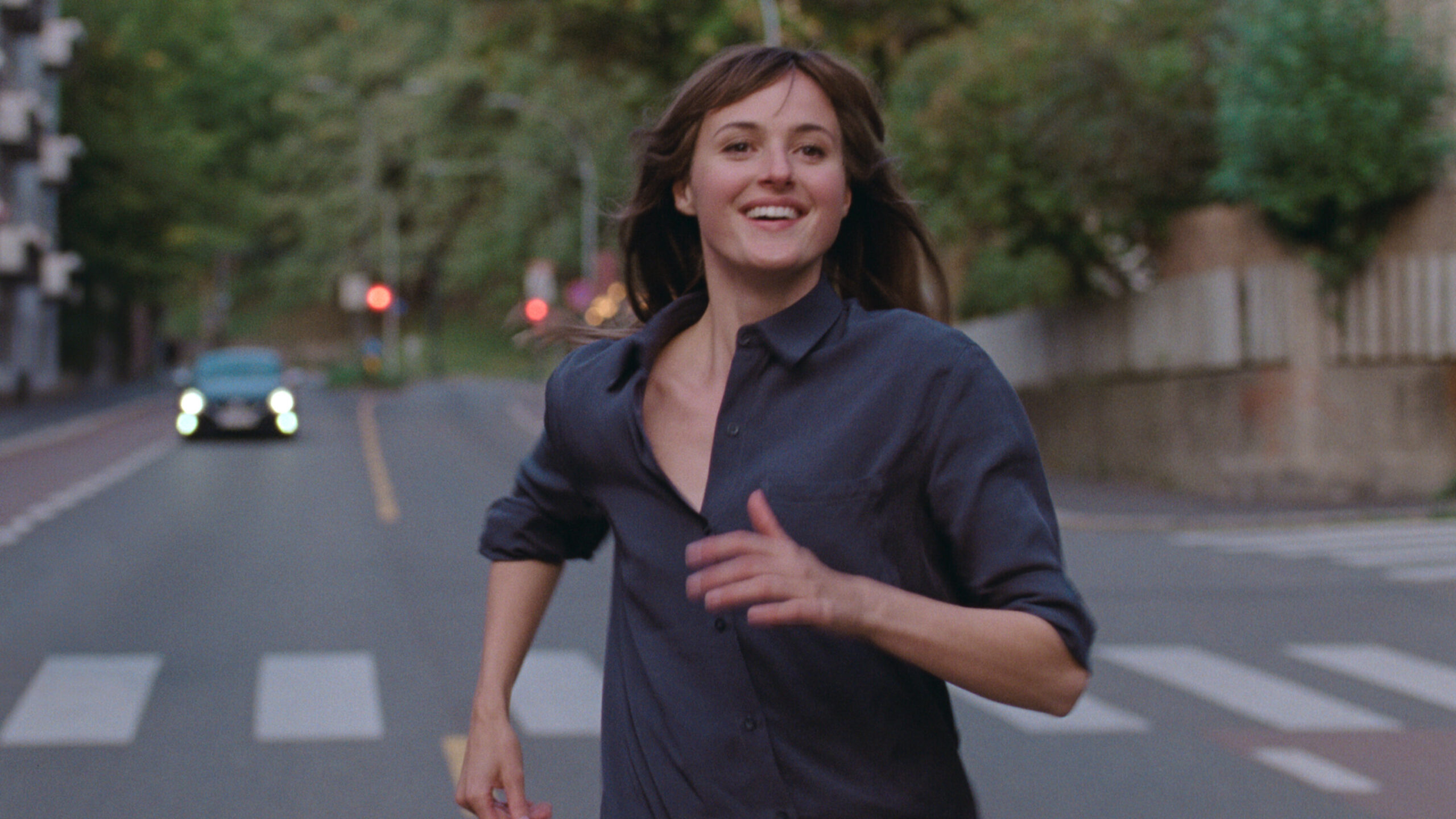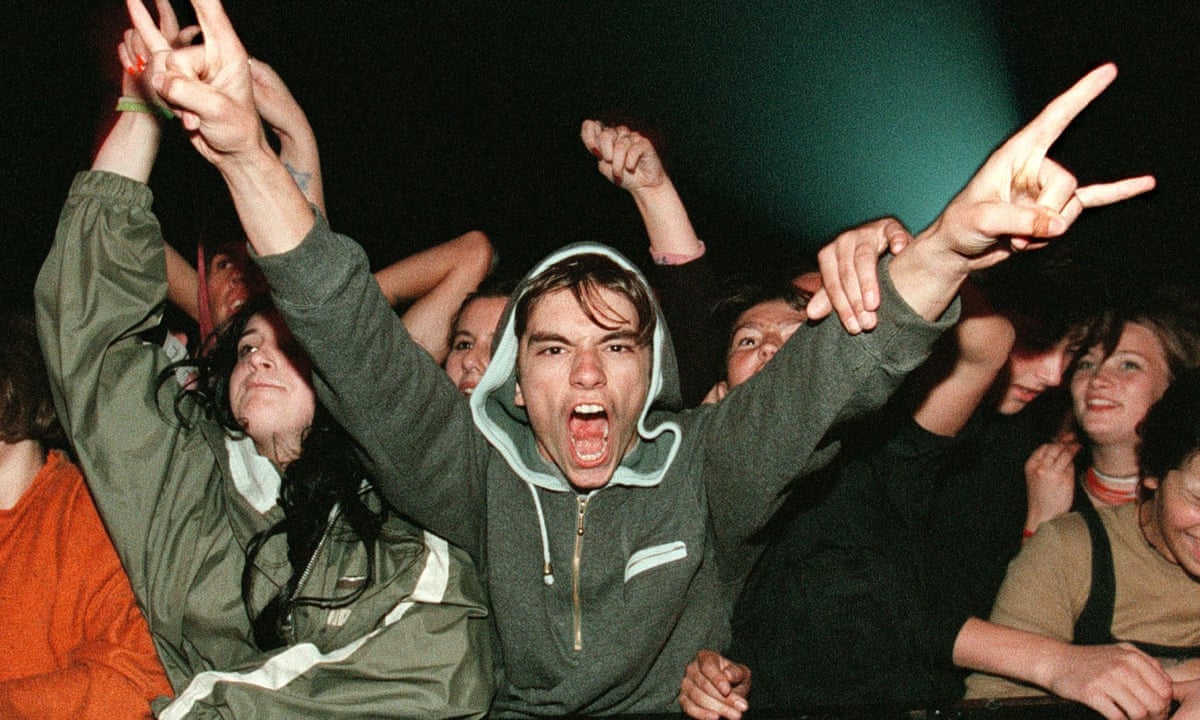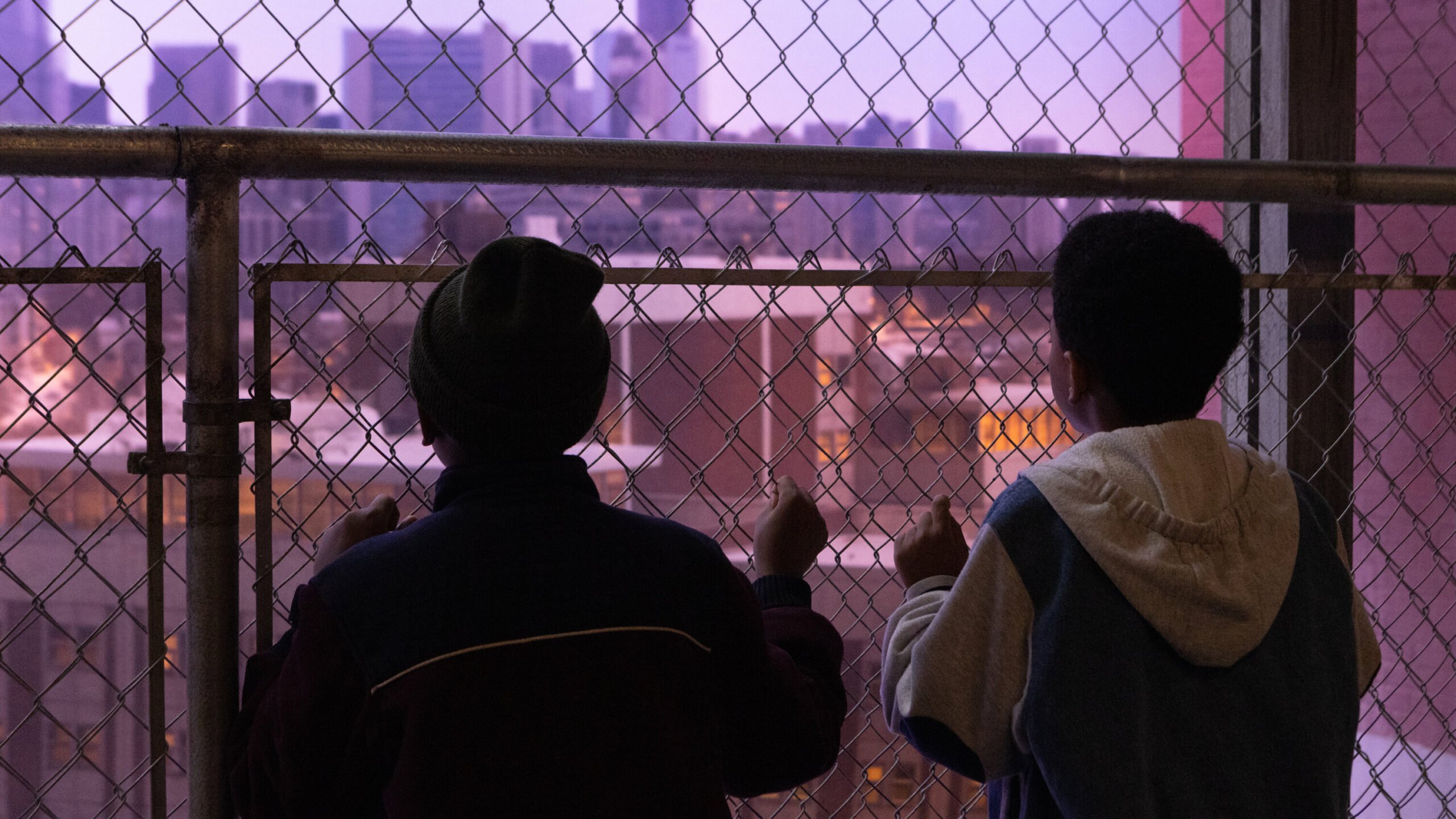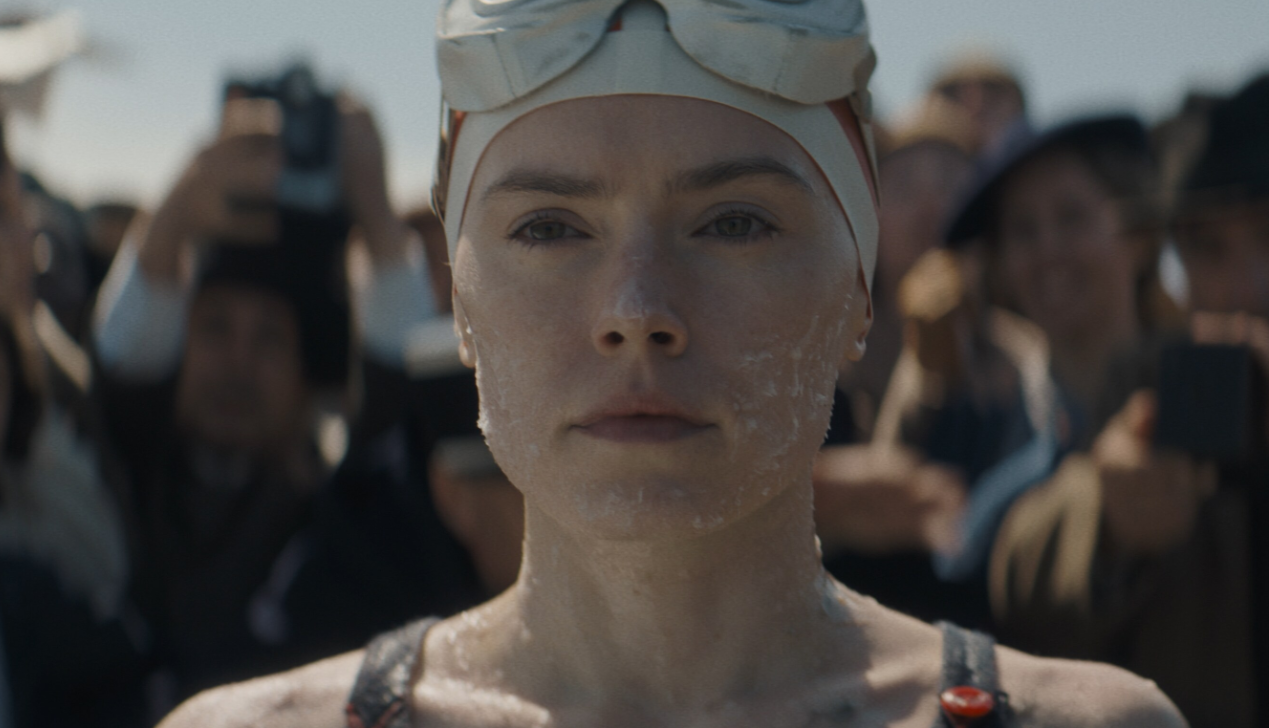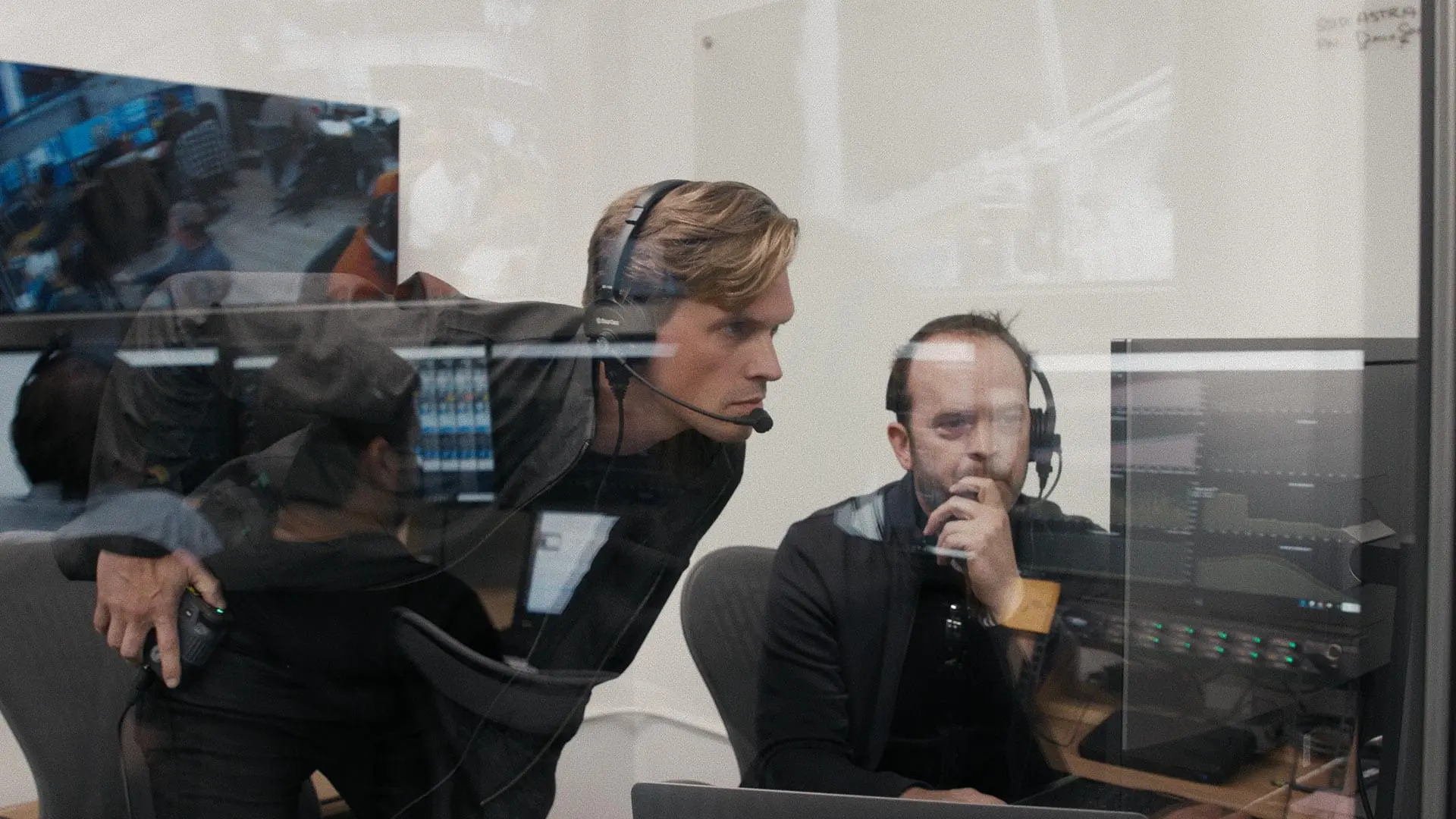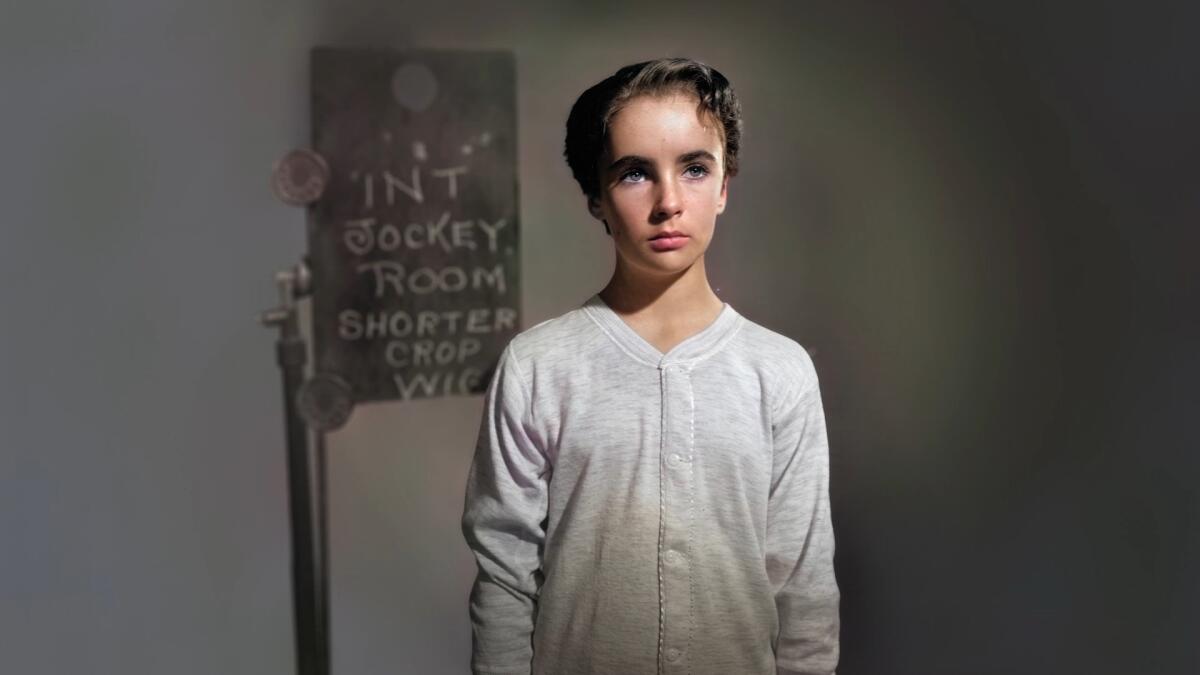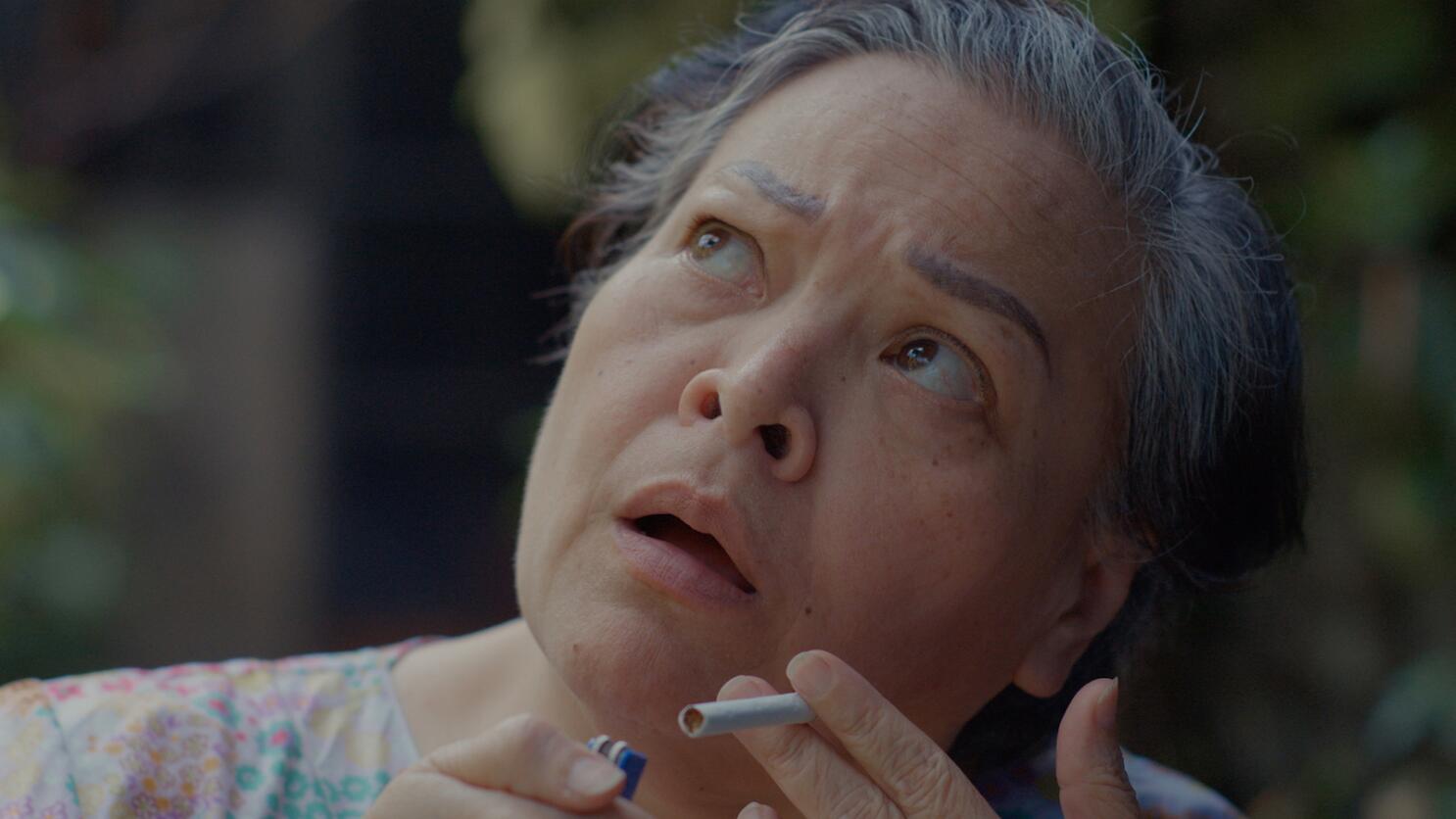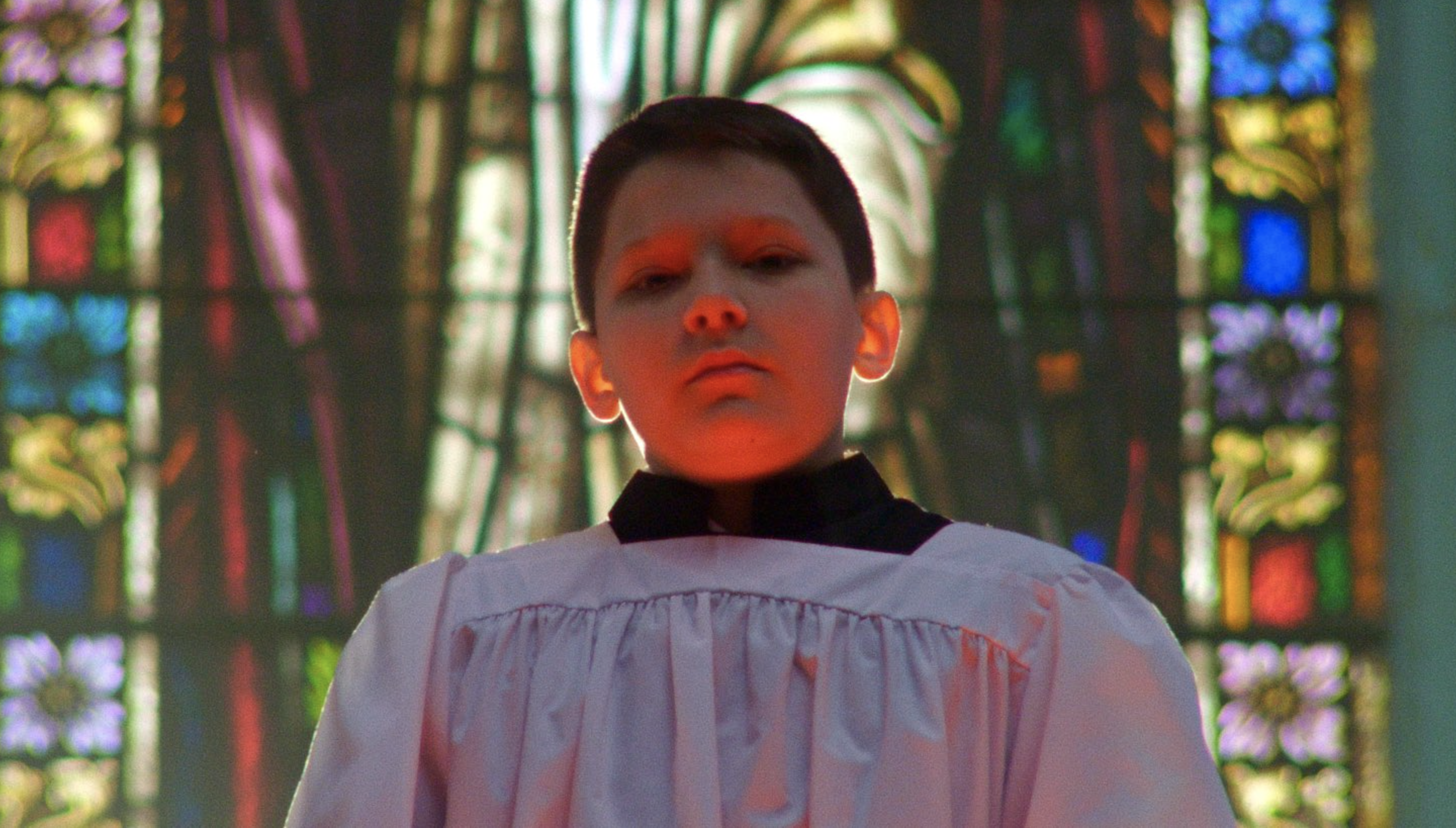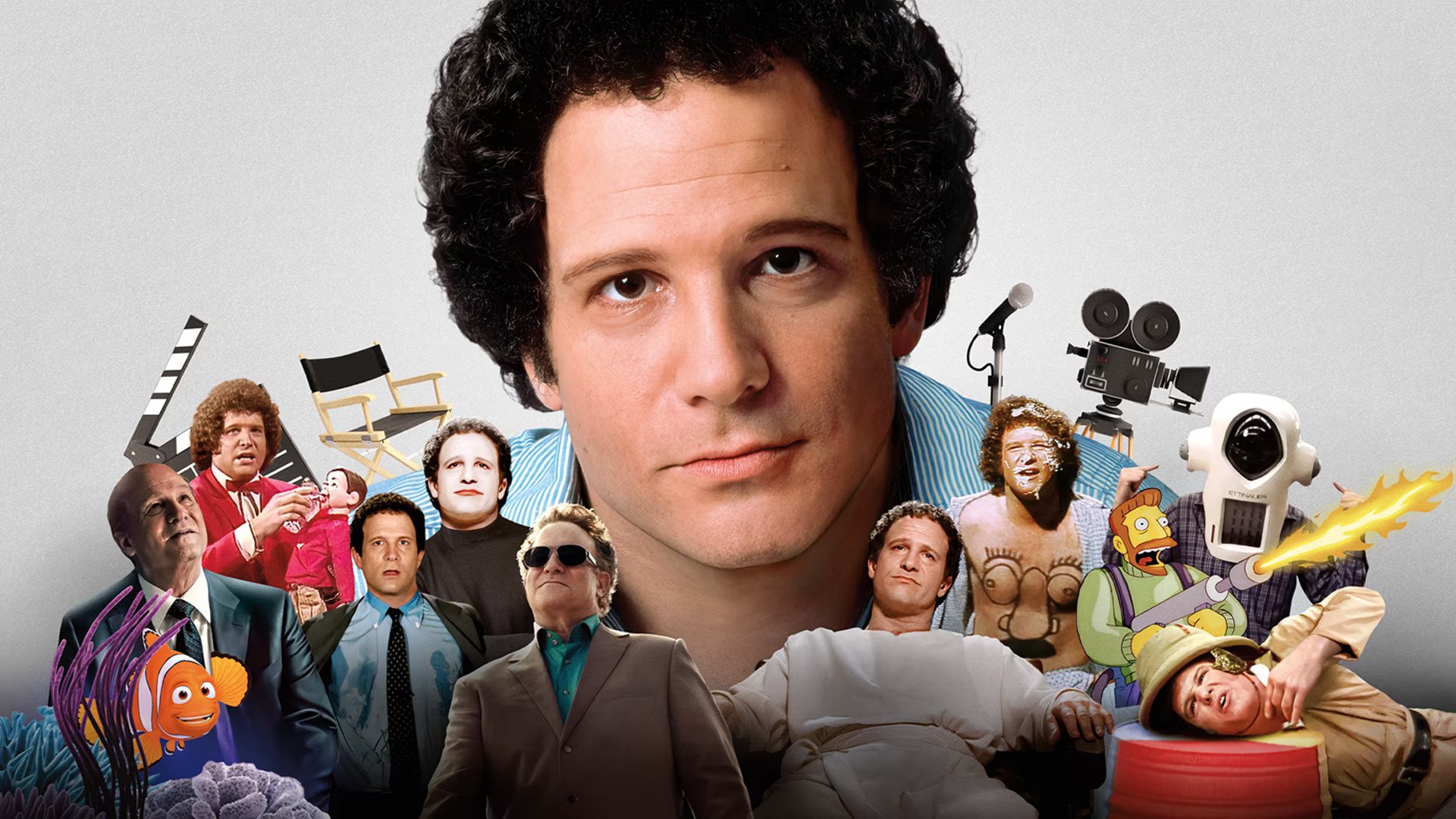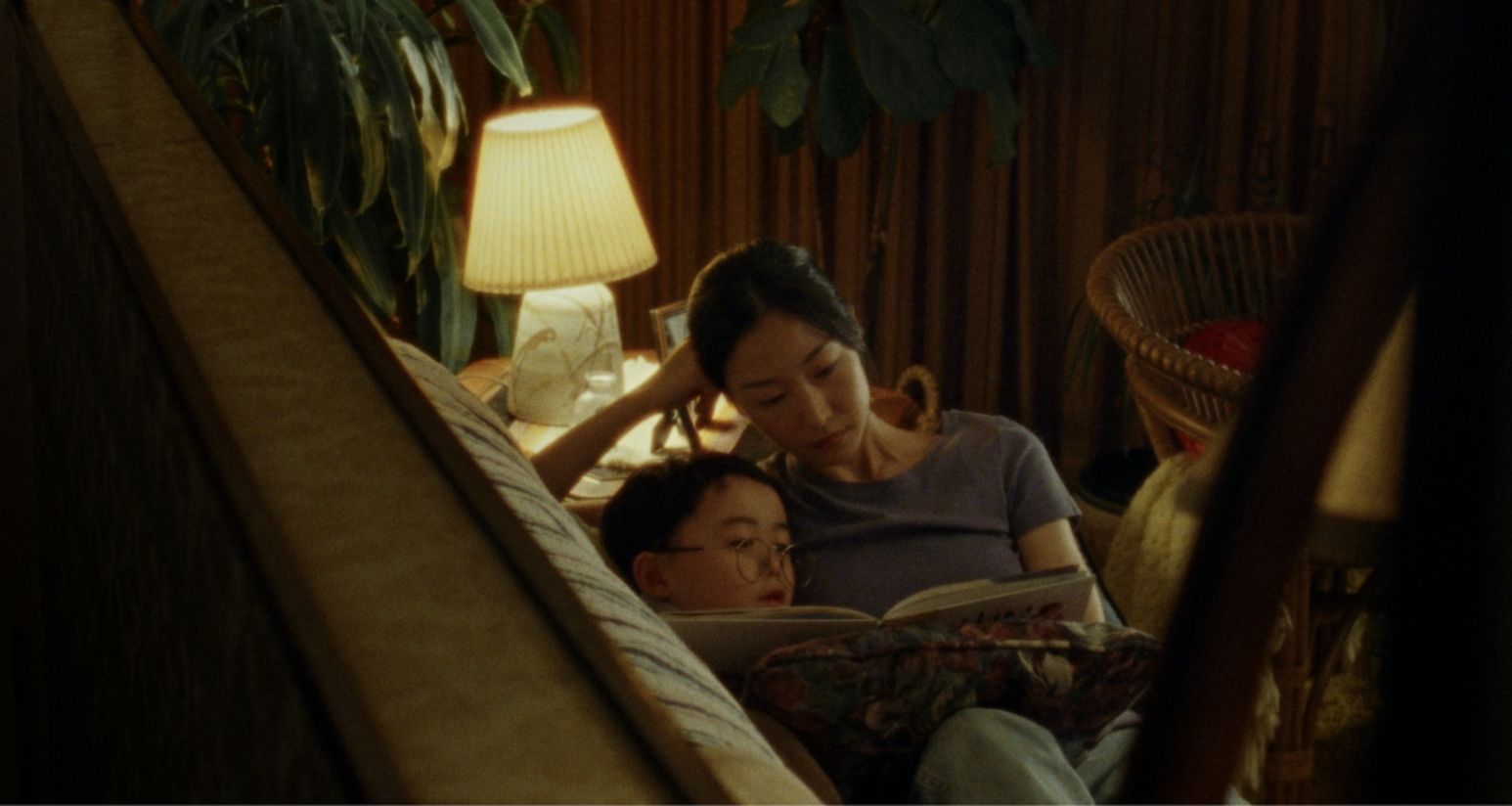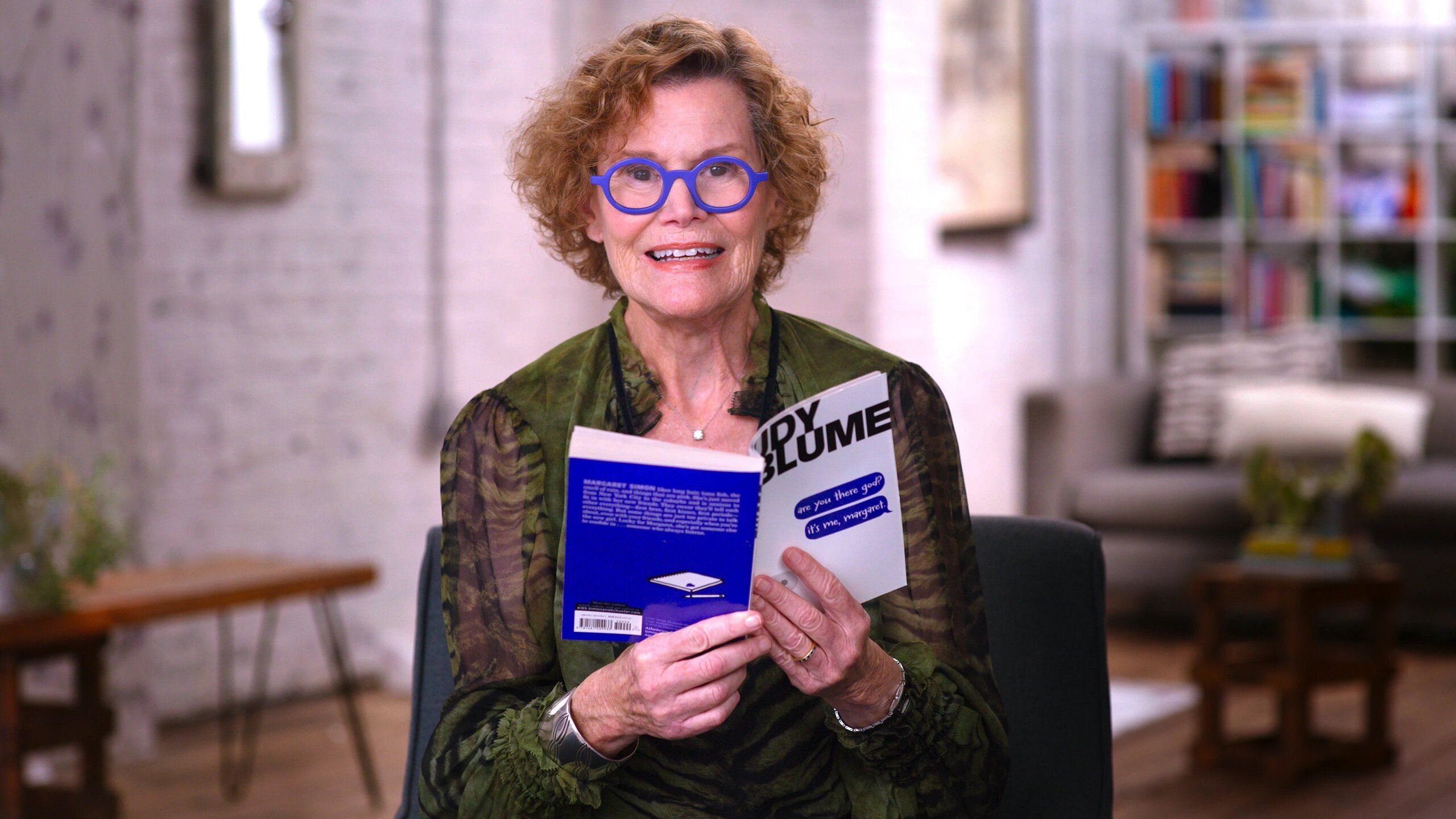Movies Like Inception (2010)
Not everybody holds a good relationship with their sisters, but ideally, we get to reunite and repair things in a good time. Unfortunately, for some families, the only time they reunite is due to a parent nearly dying. This is the case in His Three Daughters, where the three sisters meet after years living apart. […]
Made on a clearly lower budget but with enthusiasm and love for the craft overflowing from every frame, Junta Yamaguchi’s River gets clean and wholesome comedy—that’s still plenty memorable—out of a terrific ensemble of actors, all of whom get to display a full range of expression for their increasingly exasperated characters. It’s smart, economical filmmaking […]
Art is a hobby for most people, but for musician Jon Batiste and writer Suleika Jaouad, art is part and parcel of this thing called life. Of course, it’s part of their work, and it’s how they make a livelihood, but it’s more than that– it’s almost a spiritual ritual they cling to, especially when […]
Only a few people in Dita’s house are related by blood, but you wouldn’t know that by how they move. They’re tight-knit but argumentative, loving at times but spiteful in other instances. In other words, they’re complicated just like any other family. Housekeeping for Beginners makes a compelling case for the validity—and at times necessity—of […]
Challenging, strange, and utterly captivating from start to finish, Sanctuary takes the relationship between a pathetic, wealthy man and a desperate, plucky young woman—a relationship built on consensual acts of sexual humiliation—and makes it so much more dynamic and entertaining than it has any right to be. The film takes place entirely in one hotel […]
At one point in the documentary, director Kristen Lovell says, “I wanted to archive the movement that was building between transwomen and sex workers,” and that’s exactly what she achieves with The Stroll, a well-researched, creatively edited, and deeply moving account of the trans-sex-work experience that defined New York for a good chunk of the […]
Will and Harper’s premise is simple: two friends journey from one end of the States to another and, amid pit stops and bar hops, sunsets and beers, they talk about life, from its biggest concepts down to its tiniest details. The only difference in this case is that Will and Harper are navigating their friendship […]
We Are the World is a charity single created for African famine relief. It was a smash success– it inspired plenty of other charity singles and already has a TV documentary about it. But The Greatest Night in Pop reveals new behind-the-scenes footage with a home video flair, intercut with interviews from those who were […]
We’re familiar with dick jokes from stand-up comedians, especially male stand-up, but Jacqueline Novak’s 90-minute show about the blow job feels completely new. Get on Your Knees feels like casual storytelling from someone experienced yet distant enough to be a cool authority on it (say, your best friend’s older sister’s best friend), but funnier. It’s […]
In 1914, Sir Ernest Shackleton set out to the Antarctic in the hopes of making the first land crossing on the continent. His ship, the Endurance, couldn’t complete the journey, and so Shackleton and his crew had to pivot from setting a record to simply surviving. Almost a century later, a group of scientists are […]
After the La Manada rape case in 2016, it was necessary to document this event, especially since the widespread national outrage and demonstrations managed to move the country to change the way Spain defines consent. You Are Not Alone: Fighting the Wolf Pack documents this arduous journey. While it’s done through the familiar Netflix true […]
There’s a degree of removal in Perpetrator which some viewers may find jarring: most visibly, in the performances, whose heightened sensitivity can seem unlikely for a horror film. That said, director Jennifer Reeder’s main conceit here is to entertain and make you think, and she doesn’t want you to get too comfortable. In the central […]
Babes tells the story of Eden (Ilana Glazer) and Dawn (Michelle Buteau), codependent best friends who are forced to reevaluate their relationship when Eden finally joins Dawn in becoming a mother. While Eden learns how to be more mature and independent, Dawn struggles to feel like herself again after two exhausting pregnancies. Burdened by these […]
Just based off its title, Mutt is already a film that tackles a state of in-between, and perhaps what makes it already precious is how honest and personal it can get, while remaining a good fictional story. This striking debut took Chilean-Serbian filmmaker Vuk Lungulov-Klotz more than six years to make, at least from the […]
You would think that a movie about making soup for your friends and studying moss would be a strange mix, but there’s just something so beautifully delicate about the way writer-director Bas Devos links the lives of two immigrants in Brussels, with the contrast between the length of their stay, the things they make, and […]
Frybread Face and Me is a little indie gem: though rough around the edges, it’s full of charm and heart. Drawn from its director’s own childhood experiences, the movie charts a formative moment in the life of Benny, a city boy of Navajo, Hopi, and Laguna Pueblo heritage who’s carted off to his grandmother’s ranch […]
The film opens with Julie in her early twenties, longing to pursue a career in medical school. But after briefly testing the waters, she switches over to psychology, only to drop completely out of school and transform her hobby of photography into a professional career. This indecisiveness carries over in most aspects of her life, […]
Gangster films have an issue of glorifying organized crime, and in some ways The Pig, The Snake, and The Pigeon does the same. There are excellent, action-packed fight scenes that makes Ethan Juan as Chen Kui-lin look so damn cool, and the journey Chen takes as a stern criminal out for his legacy definitely romanticizes […]
If you’re expecting a documentary about the particular U2 concert in Sarajevo, to focus exclusively on U2, you’re not really going to get it in Kiss the Future. But that’s not necessarily a bad thing. In fact, it’s probably the best approach for this particular documentary, as it focuses more on the way Sarajevans found […]
Giannis Antetokounmpo’s rags-to-riches life story is the stuff of movies, and indeed it’s been told many times on print and screen. But this is the first time he and his family are telling it themselves, which is a big deal since Antetokounmpo, as it turns out, is inseparable from his family. Their revealing interviews about […]
After years of documentaries covering Thailand’s controversial issues, some of which have been temporarily banned by the Ministry of Culture, Nontawat Numbenchapol takes a step into feature film in Doi Boy. The plot covers plenty of the topics he’s previously depicted– immigration, prostitution, and corruption– but it unfolds naturally into a slow-paced, but moving drama […]
Places evoke certain emotions, but even the most rundown, cramped projects feel special when they’re home. We Grown Now is set in Chicago’s Cabrini-Green public housing complex, an area that was notorious for its crime and poverty, but to Malik and Eric, it’s a place where they became friends. The friendship they share leads them […]
Young Woman and the Sea is a neatly told, inspiring story about a woman who went against the tide to cement her legacy as one of the most fearless athletes to exist. The movie is polished and nicely detailed, anchored by winning performances and a triumphantly dramatic script—basically everything you’d expect from a Disney movie. […]
Backed by hefty research, dramatized by great players, and made relevant by the current and future impact aerospace has on the human race, Wild Wild Space makes for a surprisingly thrilling watch. Like the title suggests, outer space is a gold mine of opportunity right now, and the three startups the film zeros in on—Astra, […]
Given a budget from Netflix to make a documentary on Korean film, some would have chosen instead to make one for big Korean filmmaking personalities like Academy Award winner Bong Joon-ho, who is featured here. However, director Lee Hyuk-rae instead creates Yellow Door, a love letter to the ‘90s film club that inspired a generation. […]
Witches begins as an innocuous exploration into witchery: how they’re depicted and why they’re alluring. Director Elizabeth Sankey builds an amusing collage of witches from films like The Craft and shows like Bewitched. At this point, you expect it to go a certain way–it resembles the many documentaries that are delightful yet detached, educational yet […]
In 1966, Elizabeth Taylor and her friends recorded themselves talking about the ups and downs of her life. These candid conversations are the basis of The Lost Tapes, a revealing tell-all that allows Taylor to set the record straight in her own words. Here, you get to see and hear the many parts of Taylor–her […]
You don’t need to know a lot about baseball to appreciate The Saint of Second Chances. It has enough going on to keep you hooked from start to end, beginning with Jeff Daniels’ inimitable voice as the narrator and Charlie Day’s inspired casting as the younger Veeck, all the way down to the Veecks’ fascinating […]
At times looking and sounding like a real Filipino action film from 50 years ago, while painstakingly edited to juggle storylines across several realities, Leonor Will Never Die is worth seeing for its originality and ambition alone. Among so many other films that function as sanitized “love letters to cinema,” this one bears the distinction […]
Friday Night Plan resembles many a classic teen film (most notably, Ferris Bueller’s Day Off and Booksmart), but it also doubles as a thoughtful inquiry into the delicate bond between siblings who could not be more different from one another. Sid and his younger brother Adi (Amrith Jayan) have different ideas of what matters most […]
Difficult but essential viewing, Procession tracks the progress of six men undergoing art therapy—specifically, by creating short filmed scenes to process their trauma from being sexually abused by Catholic priests. The resulting films we get to see are wildly varied in the emotions they express, forming a rich and powerful tapestry of the effects abuse […]
This charming documentary about one of the most brilliant, groundbreaking comedians alive strikes a delicate balance between accessible and deeply appreciative, making it both a great gateway for those yet to be uninitiated into the Albert Brooks fan club and a satisfying retrospective for us confirmed devotees. It’s directed and fronted by Rob Reiner, celebrated […]
Many comedians use humor as a way to ease into more serious subject matter, though there always exists a risk that a comedy special can skew too far down the silly or the self-reflective route. Mike Birbiglia has come about as close to the perfect balance as possible, in this recording of his one-man Broadway […]
Riceboy Sleeps looks like a fairy tale. Taken in 16mm and colored to pastel-grain perfection, it’s a captivating picture that moves like a happy memory. And occasionally, the action matches the air. Mother So-young (Choi Seung-yoon) and son Dong-hyun (Ethan Hwang) share a fierce, us-against-the-world bond as they strive to make it in a Canadian […]
Judy Blume, the author behind enduring classics like Are You There God? It’s Me, Margaret, Superfudge, and Forever, gifts us with her comforting presence and precise insight in Judy Blume Forever, a delightful documentary about a delightful woman. Here, Blume looks back and lets us in on the eventful private life that inspired her prolific […]
Silver Dollar Road isn’t a new story– it’s one of many that comes as a consequence of systematic Black land loss that continues to happen to this day. Director Raoul Peck tells it in a new way, completely focusing on the Reels family and hearing their story entirely, from the initial confusion to two of […]
























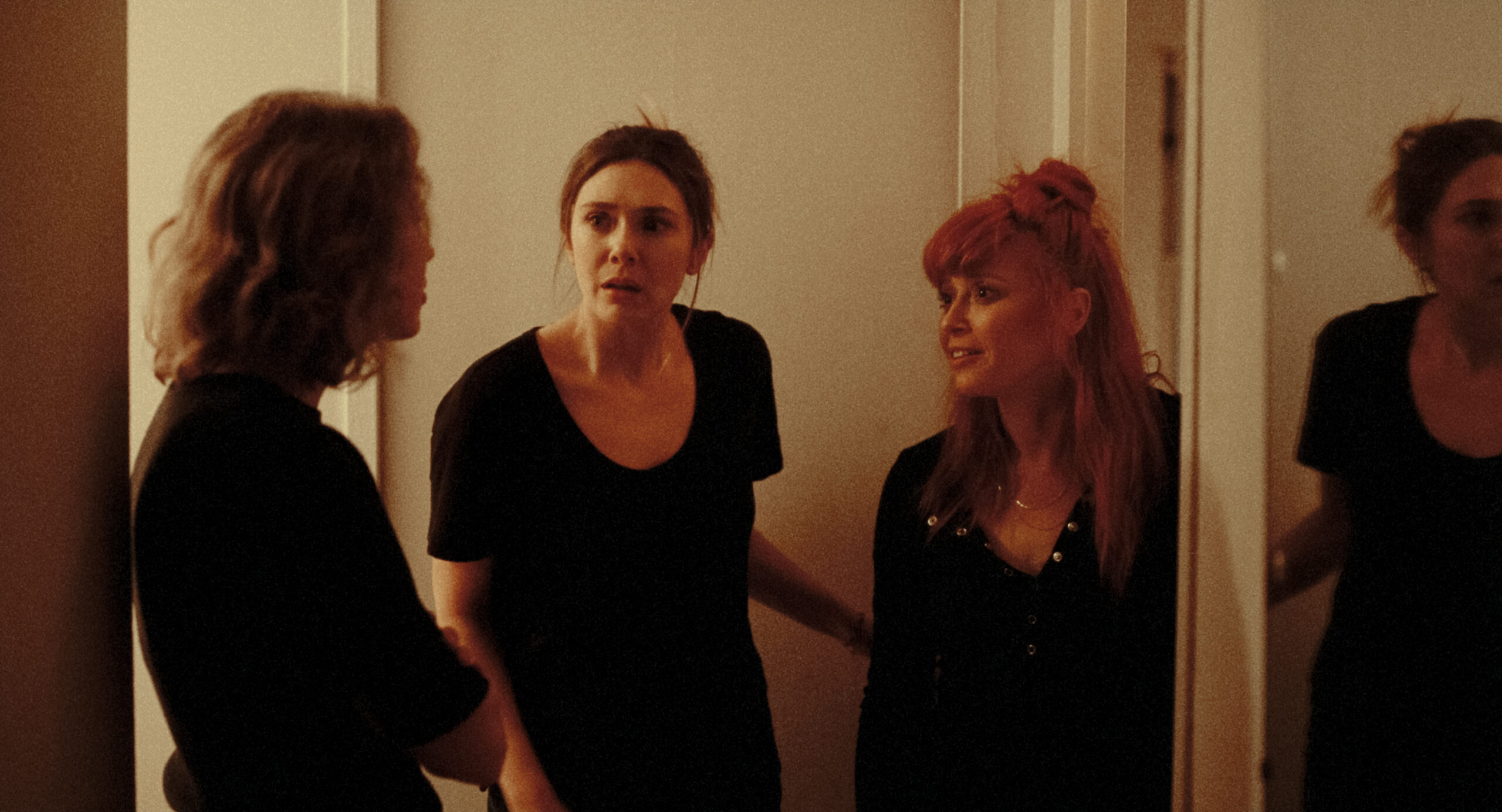
 x2
x2
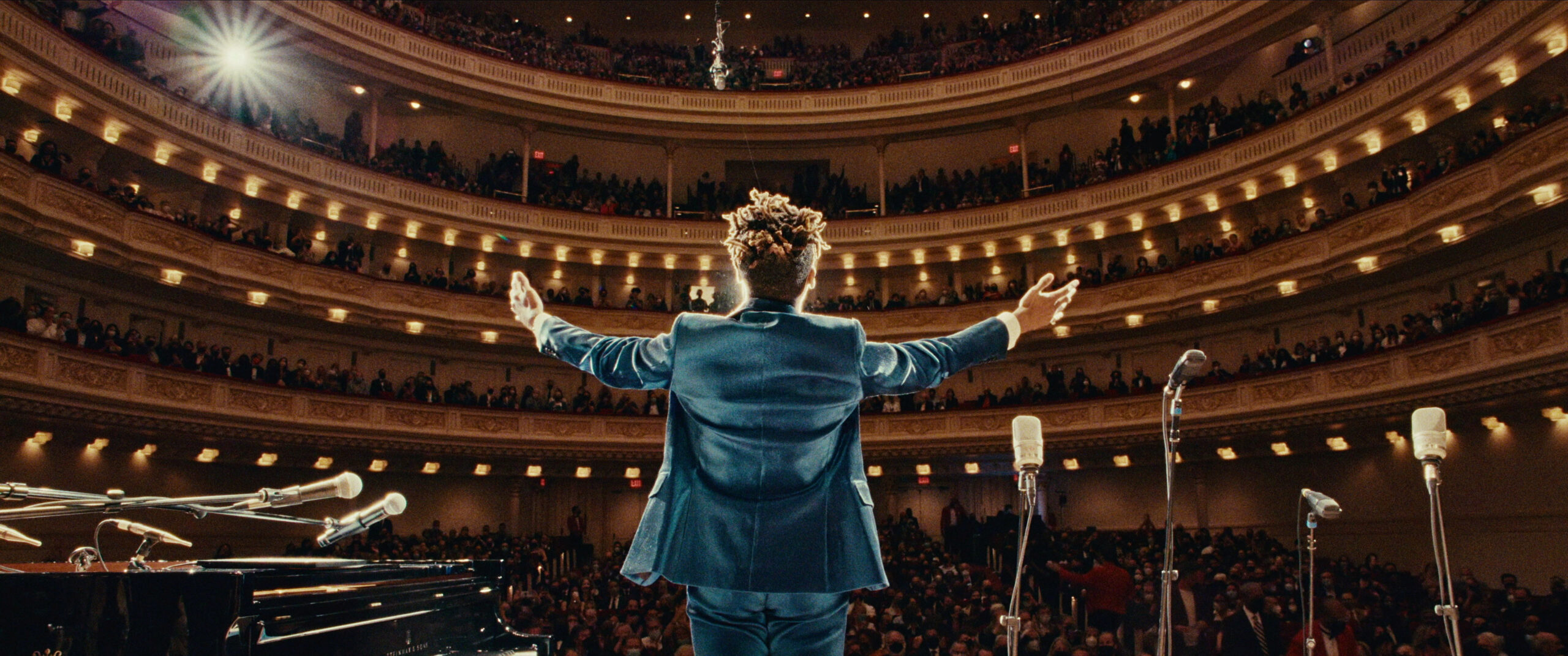
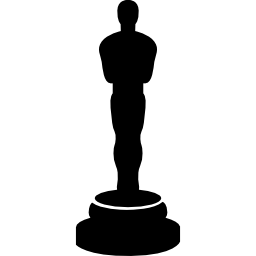 x1
x1
